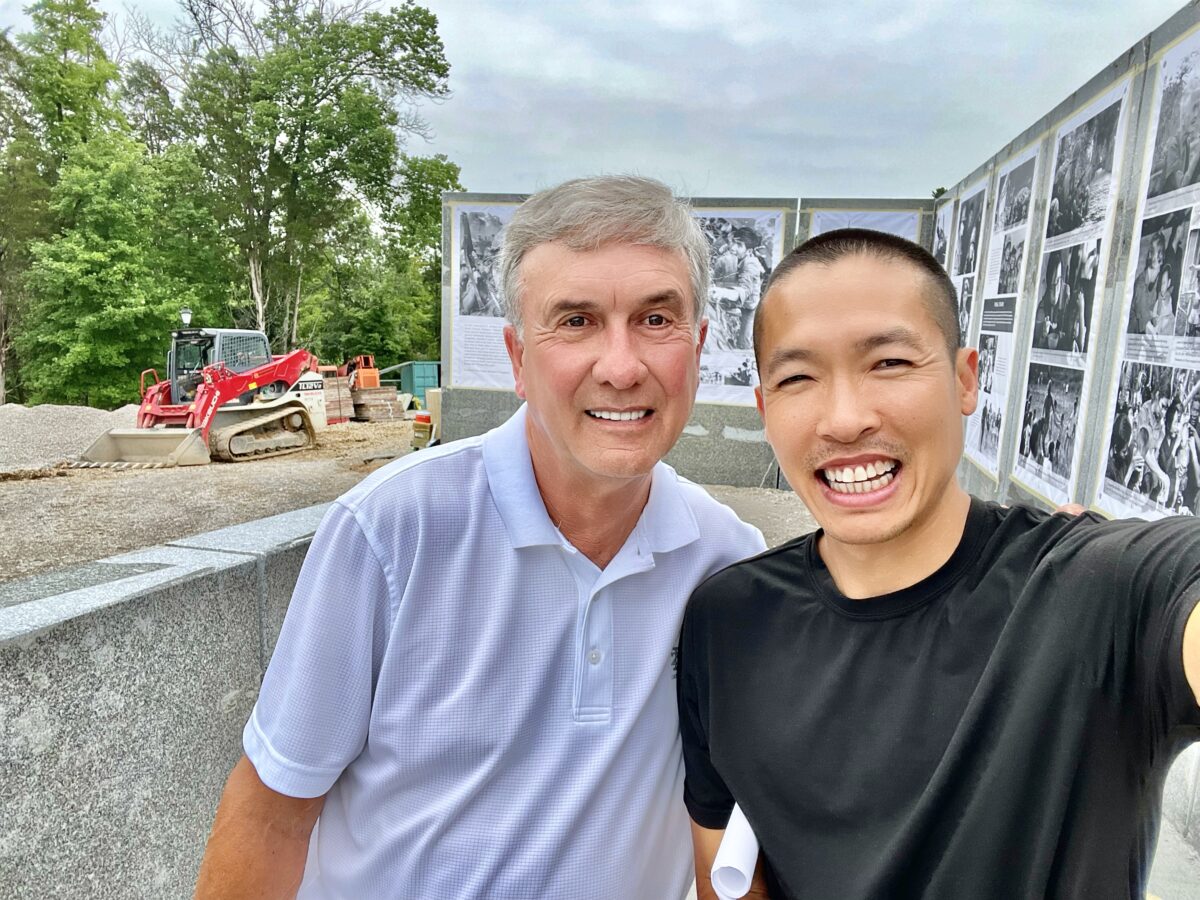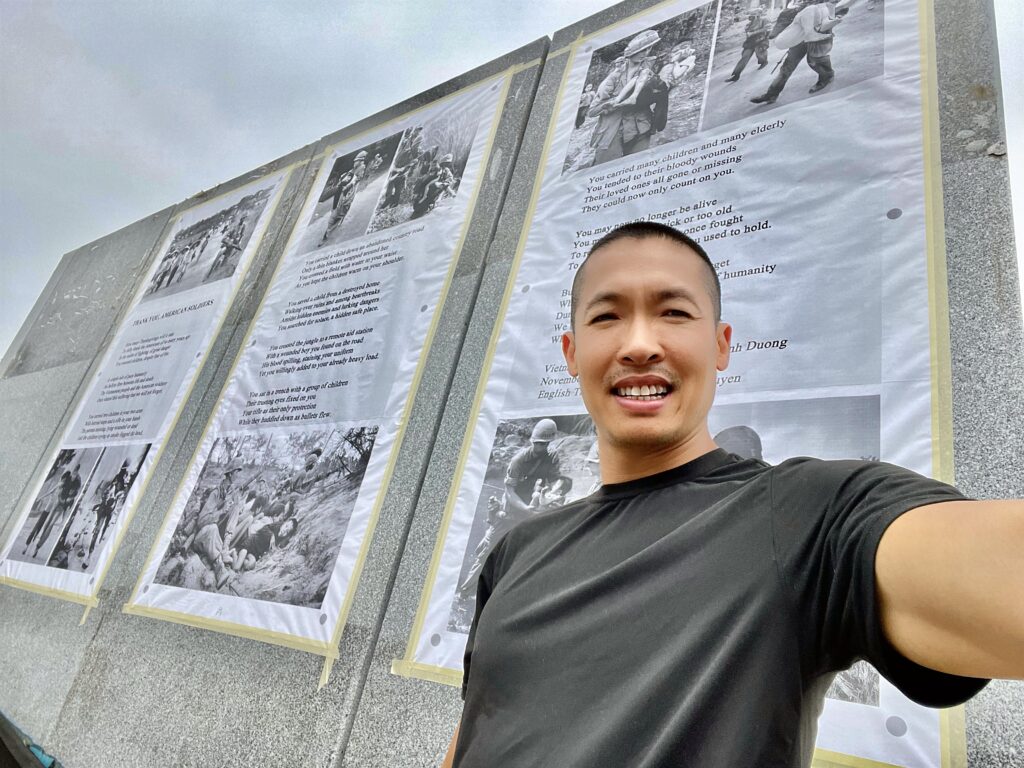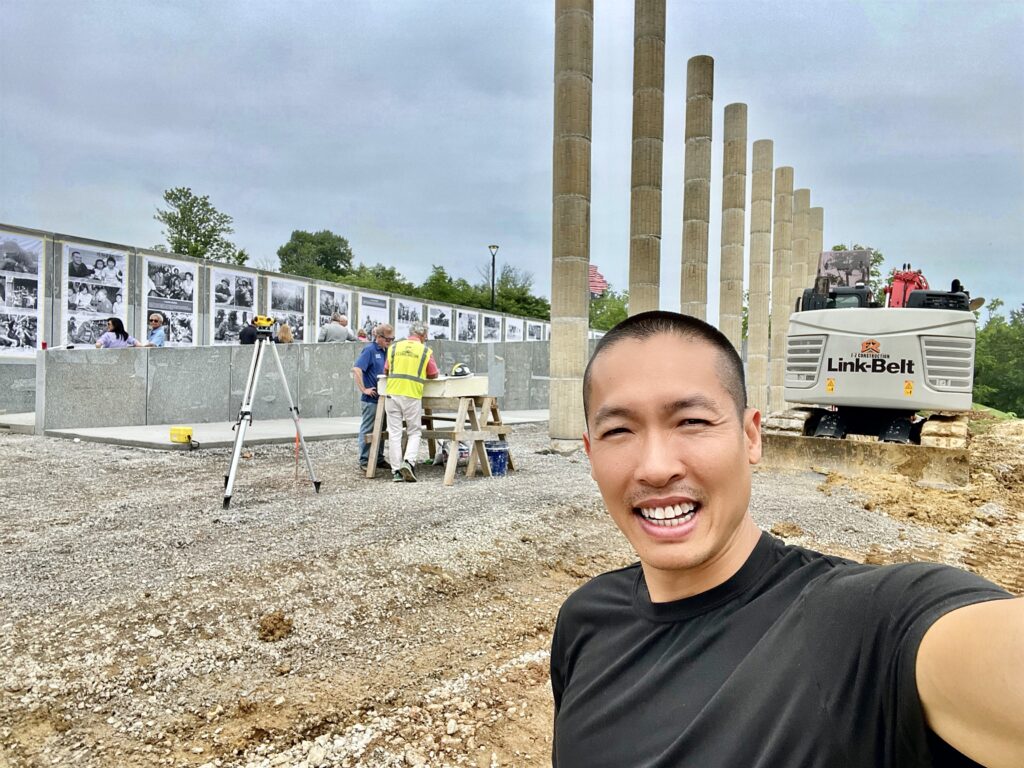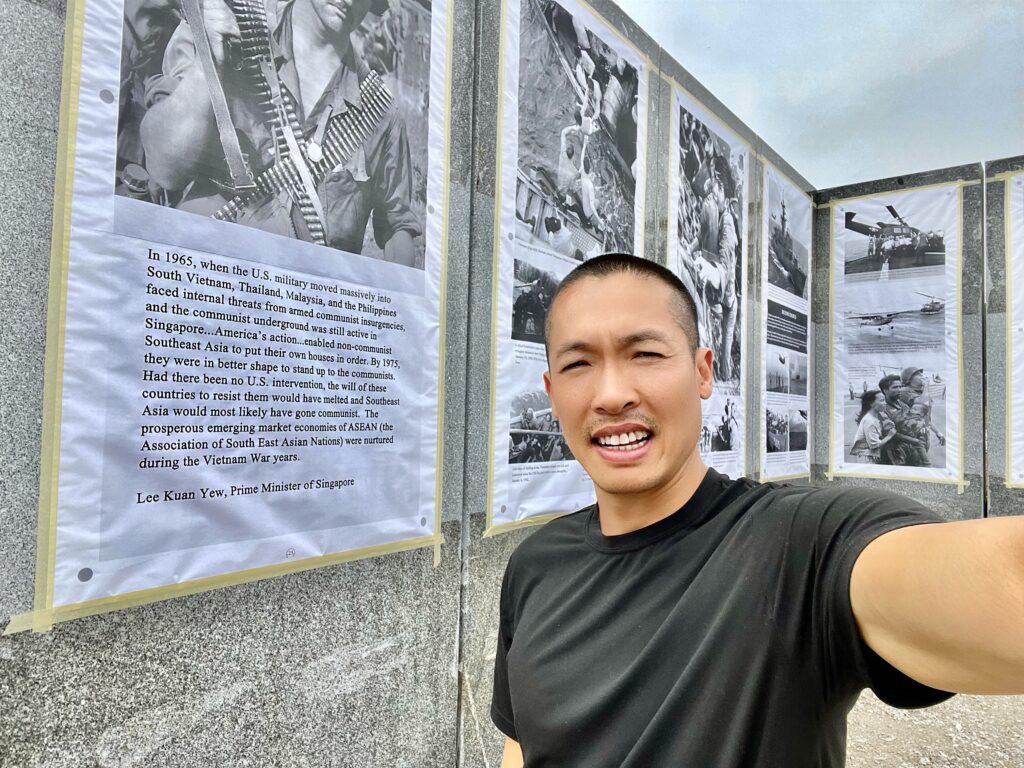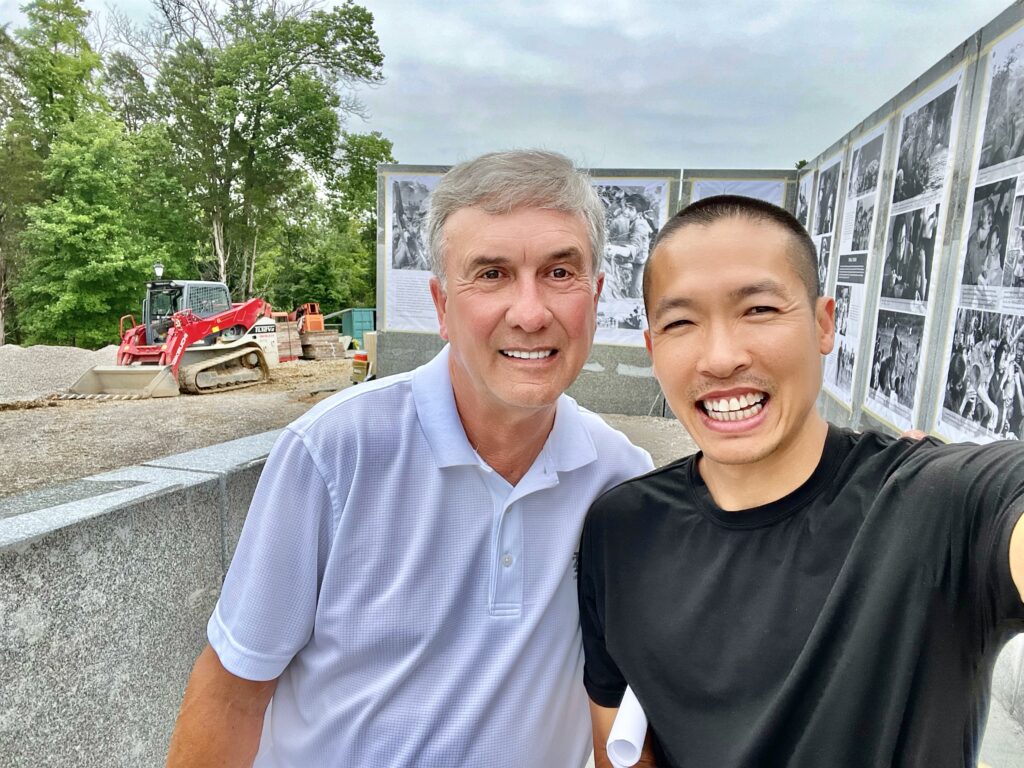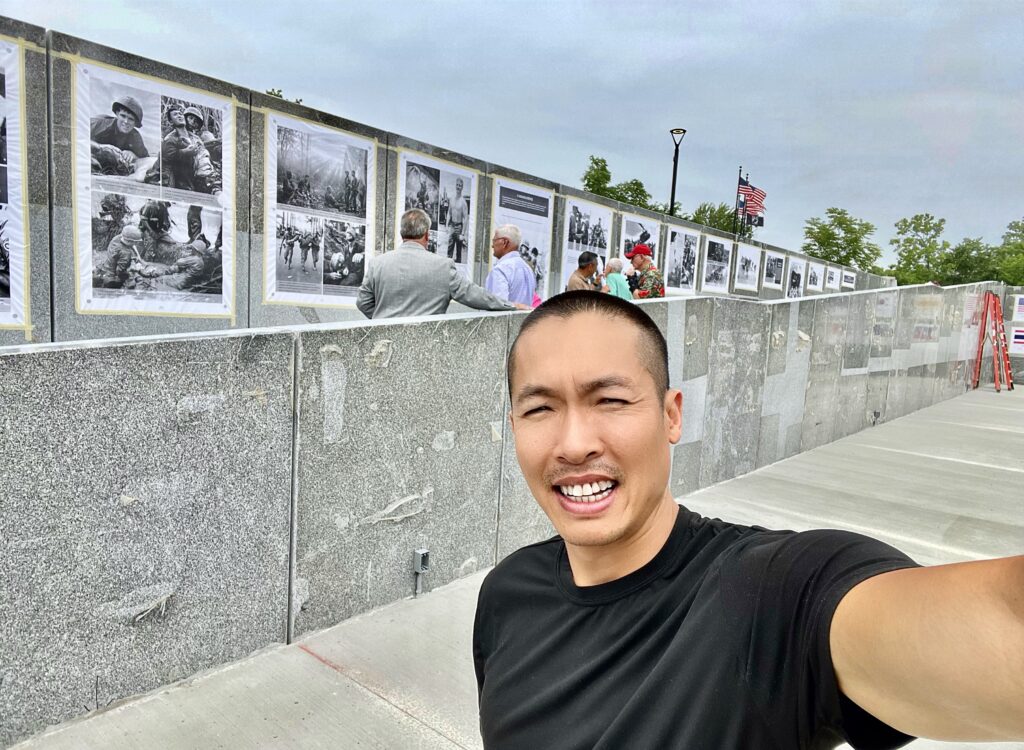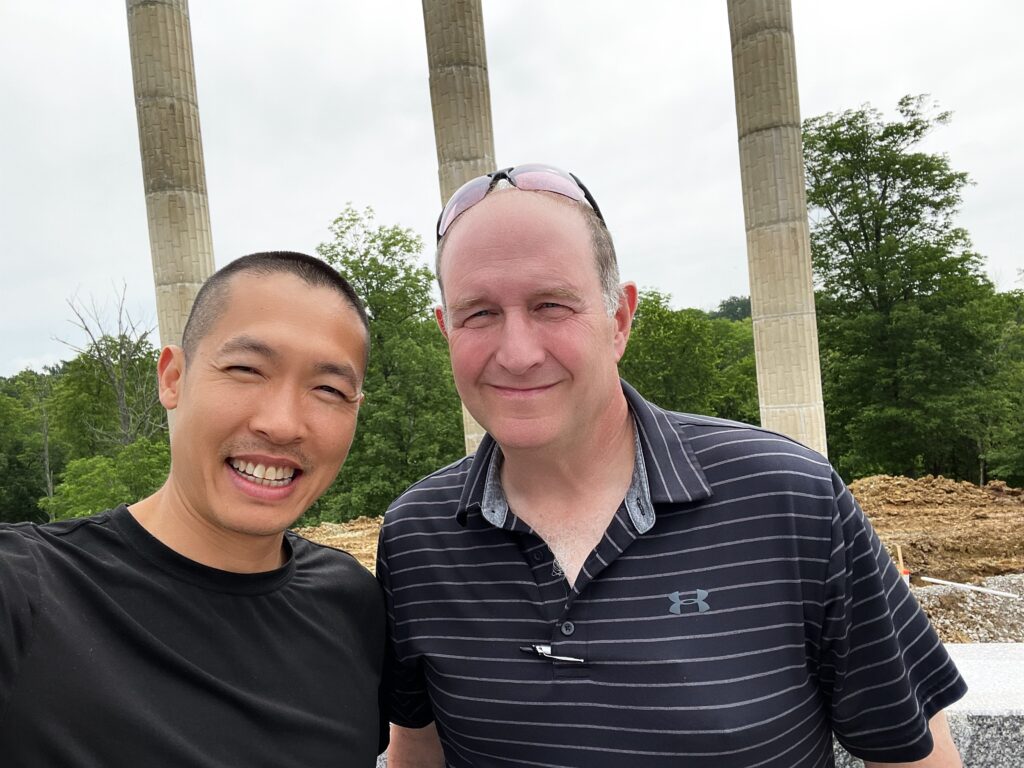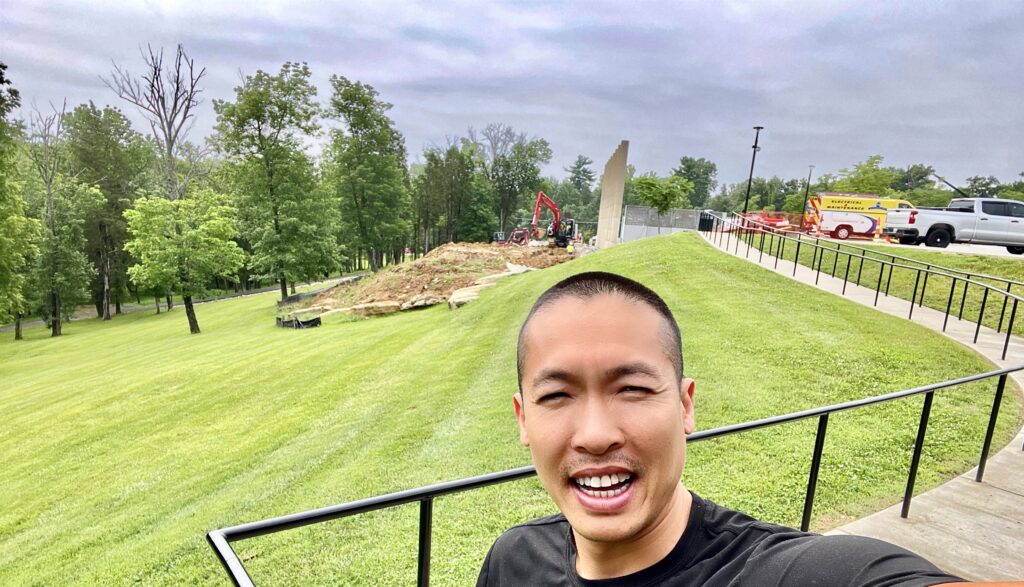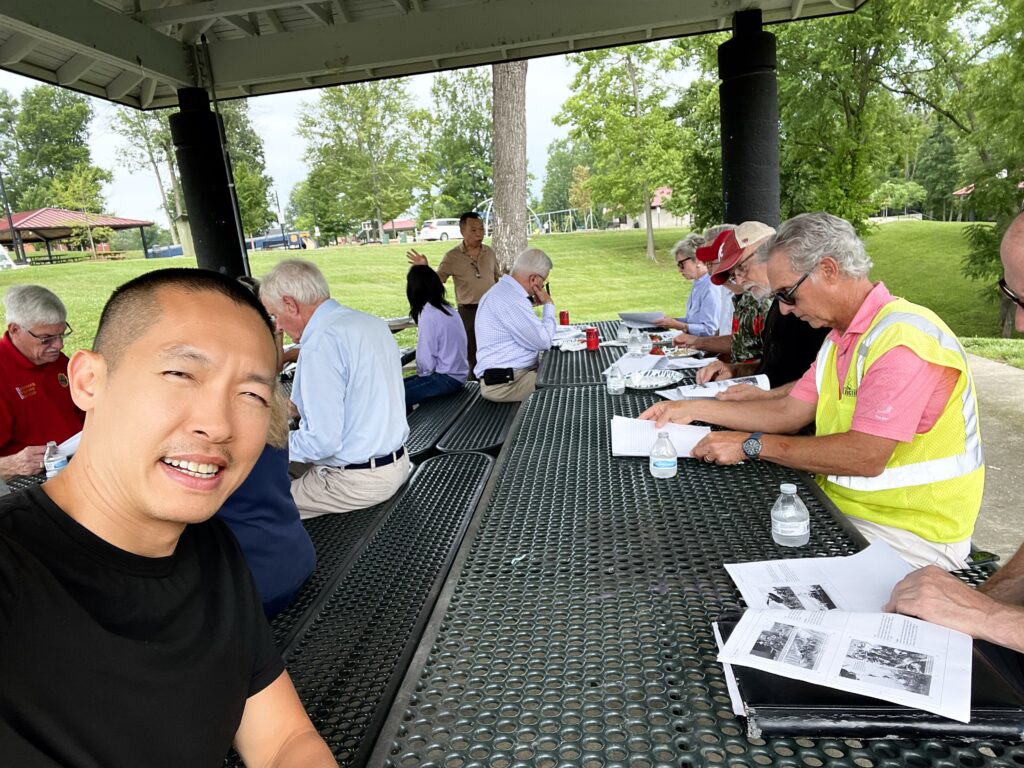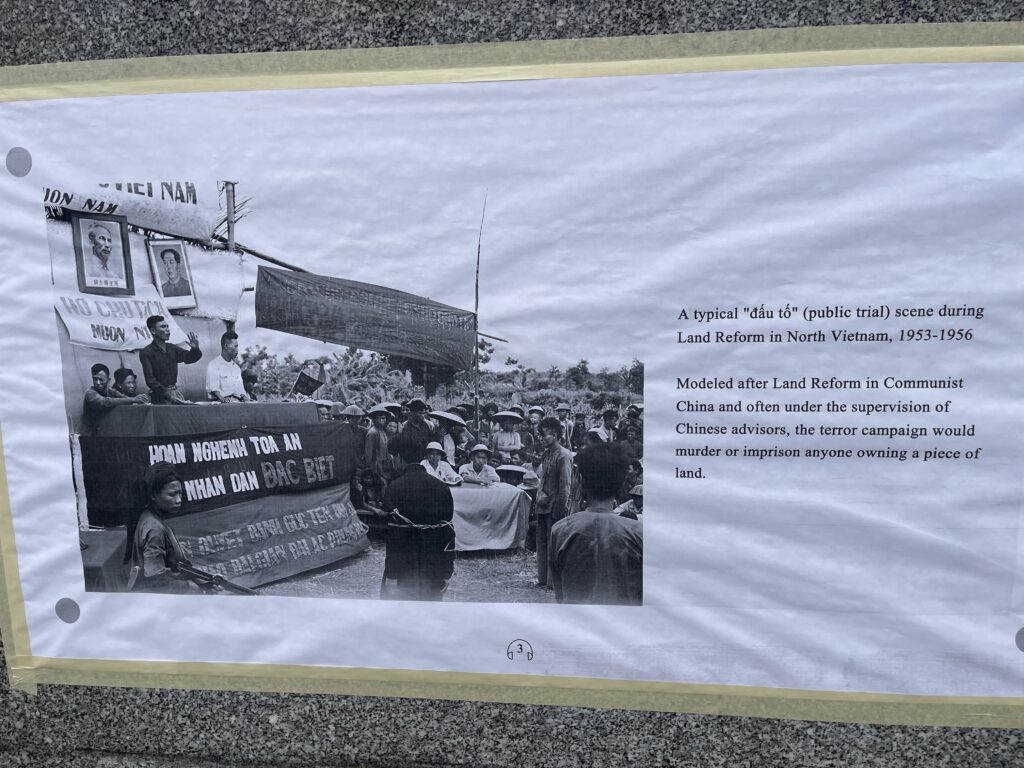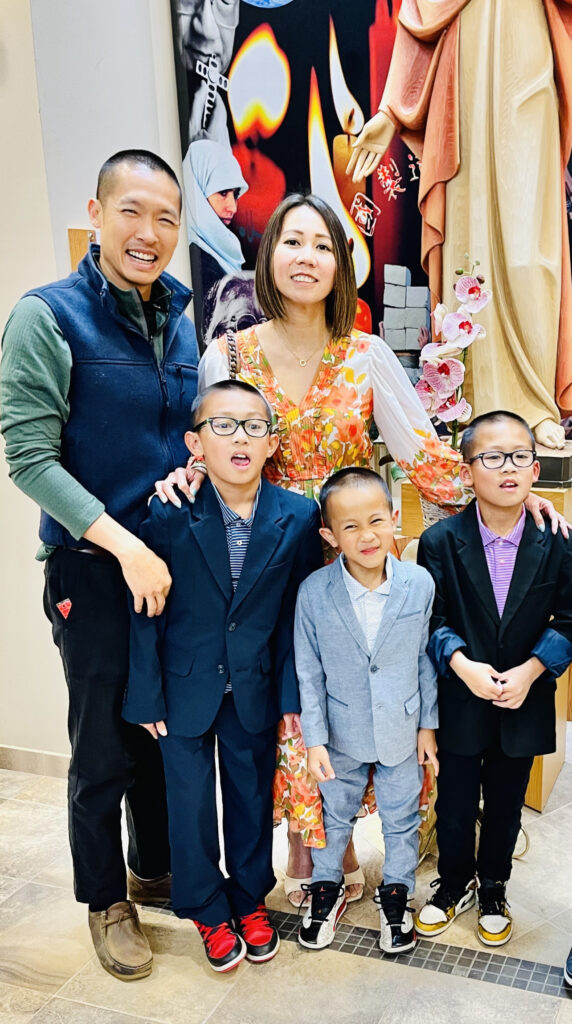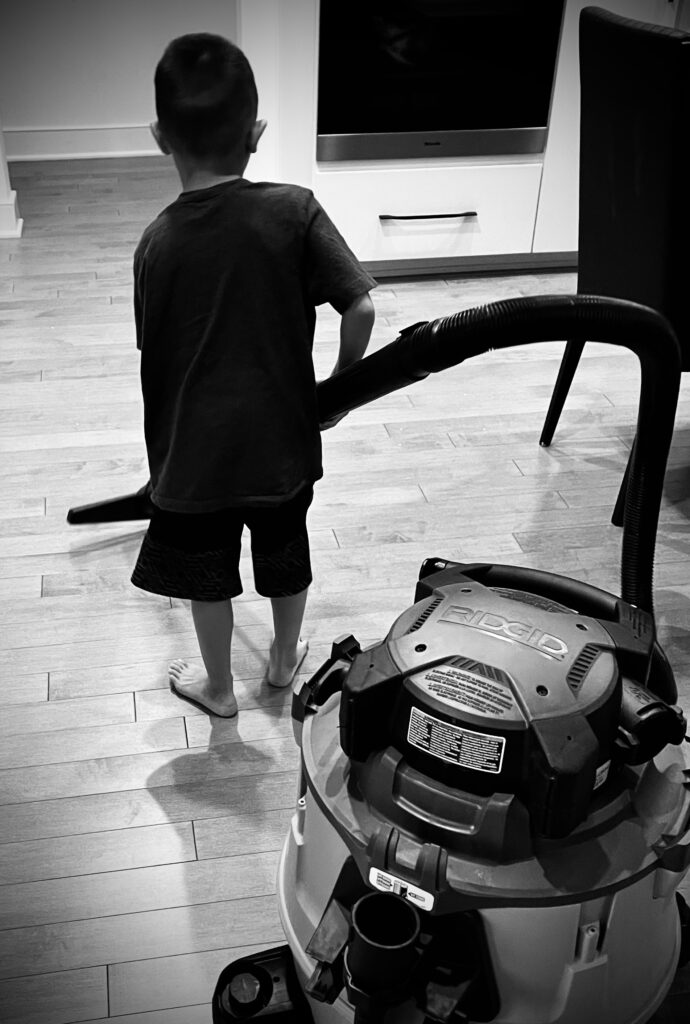The imminent release of Di Tran’s book, “Drop the FEAR and Focus on the FAITH,” is a much-anticipated event that has been making waves in both literary and personal development circles. In it, Tran draws from his own experiences and insights, effectively connecting them with ideas presented by experts such as Emad Mostaque and Peter Diamandis. More importantly, Tran emphasizes the groundbreaking and often disruptive impact outsiders can have on any industry, thus providing a fresh perspective on how innovation truly happens.
One of Tran’s key reflections is the significant role that non-industry individuals play in facilitating breakthroughs and viral ideas. Tran aligns his thoughts with those of Mostaque and Diamandis, both of whom believe that the true catalyzers of change are often those who come from outside the industry. These outsiders bring a fresh perspective that isn’t inhibited by industry norms, traditions, or prescribed ways of thinking. Their innovative, even unorthodox ideas and questions can stimulate incredible, industry-altering changes.
However, Tran goes a step further by observing that expertise, in many instances, can be a barrier rather than an enabler of innovation. He points out that experts can become ‘NAY’ – No sayers. This happens when they confine themselves within their area of specialization, limiting their perspectives and stunting the growth of novel ideas. These experts build their knowledge and understanding over time, often leading to a form of intellectual complacency that can hinder their ability to think outside the box.

Moreover, Tran digs deep into the fear that haunts many industry insiders – the fear of losing their hard-earned expertise and status. These individuals have dedicated years to their field, earning respect and recognition, which can understandably be difficult to let go. There is a fear of having to continue to study, evolve, and adapt, as well as a fear of facing new challenges that could risk their status quo.
What Tran argues for, is not the complete dismissal of expertise or experienced professionals, but rather a shift in mindset and approach. His call to “Drop the FEAR and Focus on the FAITH” invites us to adopt an open-minded, fearless approach to new ideas, whether they come from inside or outside our field of expertise. It’s a call to trust in the power of innovation and continuous learning, even when it challenges our established notions.
In essence, Tran is inviting all of us, regardless of our field of expertise, to look at the world with fresh eyes. He prompts us to overcome our fears, venture outside our comfort zones, and welcome new perspectives and ideas. He also implores us to have faith in our ability to adapt, grow, and evolve. With this mindset, we can turn great questions into great ideas, and in the process, become not just experts, but innovators, disruptors, and drivers of change.
“Drop the FEAR and Focus on the FAITH” is not just a book. It’s a manifesto for those willing to challenge the status quo, to embrace the power of diverse ideas, and to create a future where innovation and creativity are not just welcome but are the new norm.



